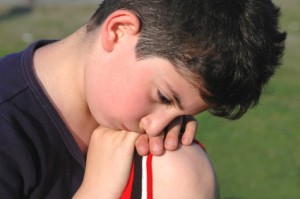 What would the world look like if nobody showed respect for each other in the community? Respect is “being treated in a way that demonstrates empathy for how we might feel in the same situation”. I recently heard a quote that paraphrased said, it was easier to condemn another than it is to understand them. Empathy and respect are so interrelated in our day to day life and also in the way we treat the environment. Are we trying to understand our place here on this planet in relation to fellow humans and our home the Earth?
What would the world look like if nobody showed respect for each other in the community? Respect is “being treated in a way that demonstrates empathy for how we might feel in the same situation”. I recently heard a quote that paraphrased said, it was easier to condemn another than it is to understand them. Empathy and respect are so interrelated in our day to day life and also in the way we treat the environment. Are we trying to understand our place here on this planet in relation to fellow humans and our home the Earth?
In our community we demonstrate empathy with a smile to those around us. Don’t all of us appreciate a kind word and a smile from another? We clean up our trash or mess so that others can enjoy the area at a park. Do we not appreciate an area we are about to use being clean and neat? We speak kindly to those that are serving our needs at a restaurant, doctors office, grocery store. Would we not appreciate the patience of others while we are serving their needs? What would it look like if no one smiled at each other, if they left a mess for others to deal with, if they were noisy at the library or while we were working, if they bumped into us as we walked down the street and then gruffly dismissed us? Our world would certainly not be a pleasant place to be.
Now the question is, What will our earth look like if we do not reduce what we are taking from it, reduce the amount of “messes” we leave for it? What will our environment be like if we do not show respect for our home Earth? Will there be beautiful and usable beaches and forests, mountains and animals for our children in the future? Continue reading “Life Skills: Teaching Respect – What If We Treated The Earth The Way We Treat Our Friends?”

